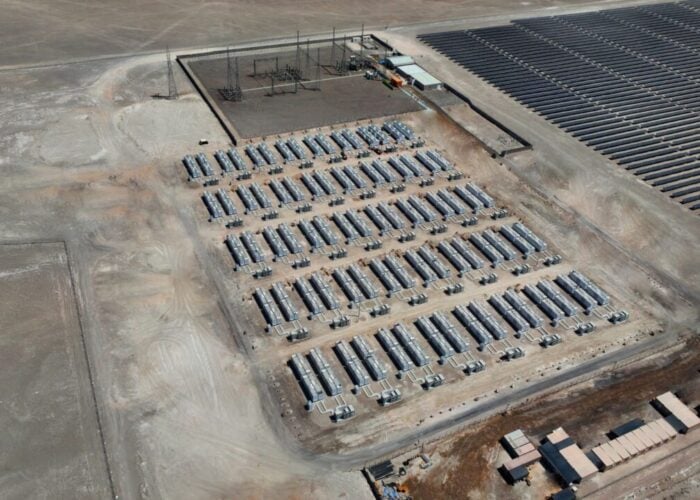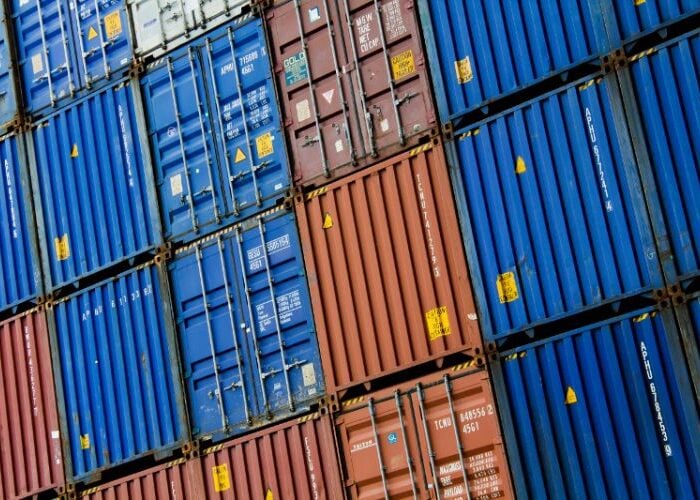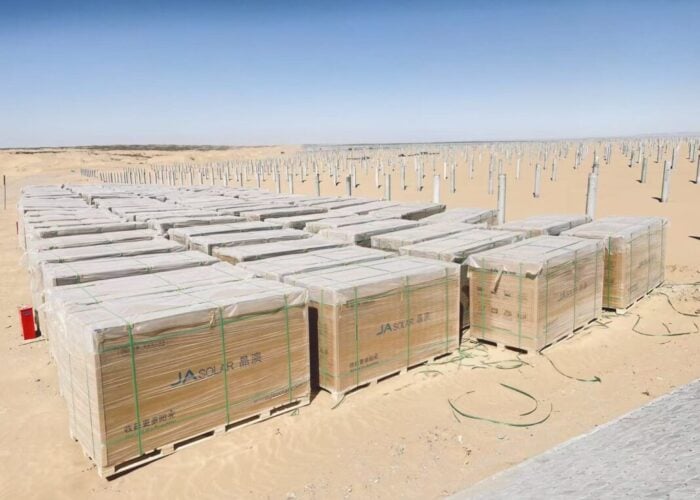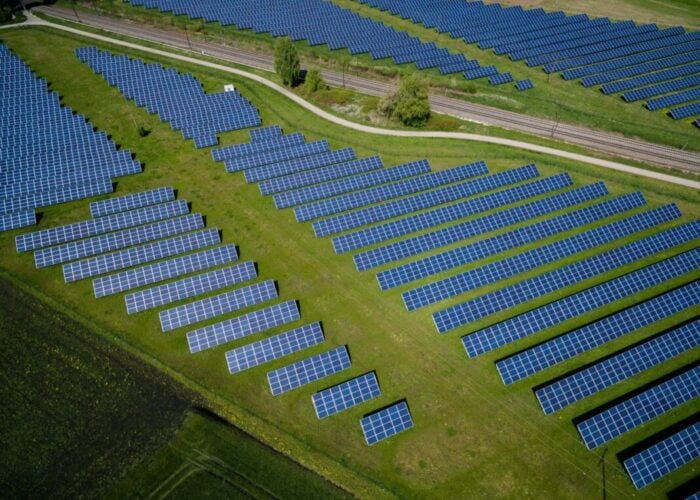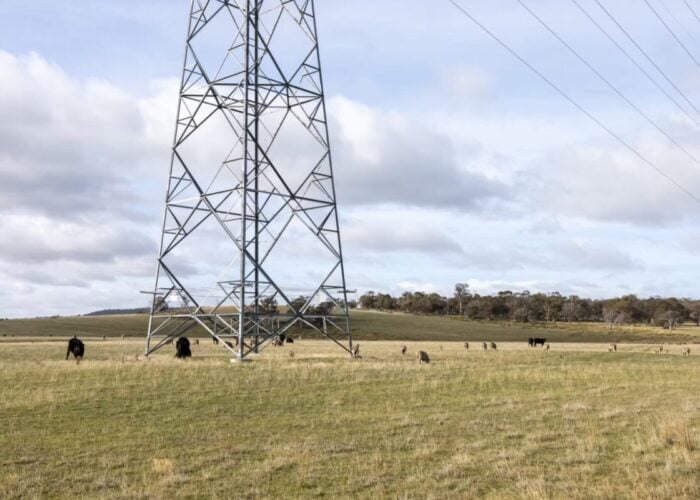German Chancellor Angela Merkel has dealt a blow to Germany’s flagging downstream sector by questioning its credibility as a commercially viable energy source and calling for a further cut to its feed-in tariff (FiT).
Merkel made the comments at a regional conference for her Christian Democrat party in Magdeburg, where she also suggested that in future the government would forgo the domestic PV market in favour of solar energy from countries with high irradiance levels.
Unlock unlimited access for 12 whole months of distinctive global analysis
Photovoltaics International is now included.
- Regular insight and analysis of the industry’s biggest developments
- In-depth interviews with the industry’s leading figures
- Unlimited digital access to the PV Tech Power journal catalogue
- Unlimited digital access to the Photovoltaics International journal catalogue
- Access to more than 1,000 technical papers
- Discounts on Solar Media’s portfolio of events, in-person and virtual
Or continue reading this article for free
Over the last few years, Germany has started to wean its solar industry off government support by gradually reducing FiT rates. However, in 2011 the industry has begun to stagnate, with many experts blaming this decline on subsidy cuts in several of Europe’s leading PV markets.
Yet despite the problems solar has endured in 2011, the Chancellor’s dismissal of the German market – which is the world’s leader with nearly 18GW of installed capacity – as not commercially viable appears rather strange.
Last month, Greek Prime Minister Georges Papandreou confirmed that Germany was exploring the possibility of importing solar-generated electricity from his debt-ridden country. But, with Greece’s PV industry still in a state of relative immaturity, this option would not appear to offer an immediate threat to domestic producers.
An additional stumbling block to the Chancellors plans to mothball solar is the nuclear situation. By 2022, Germany will close all of its nuclear plants, which currently account for around 23% of national energy production, and, despite Merkel’s protestations to the contrary, many government and industry insiders have already earmarked solar to fill this void.

